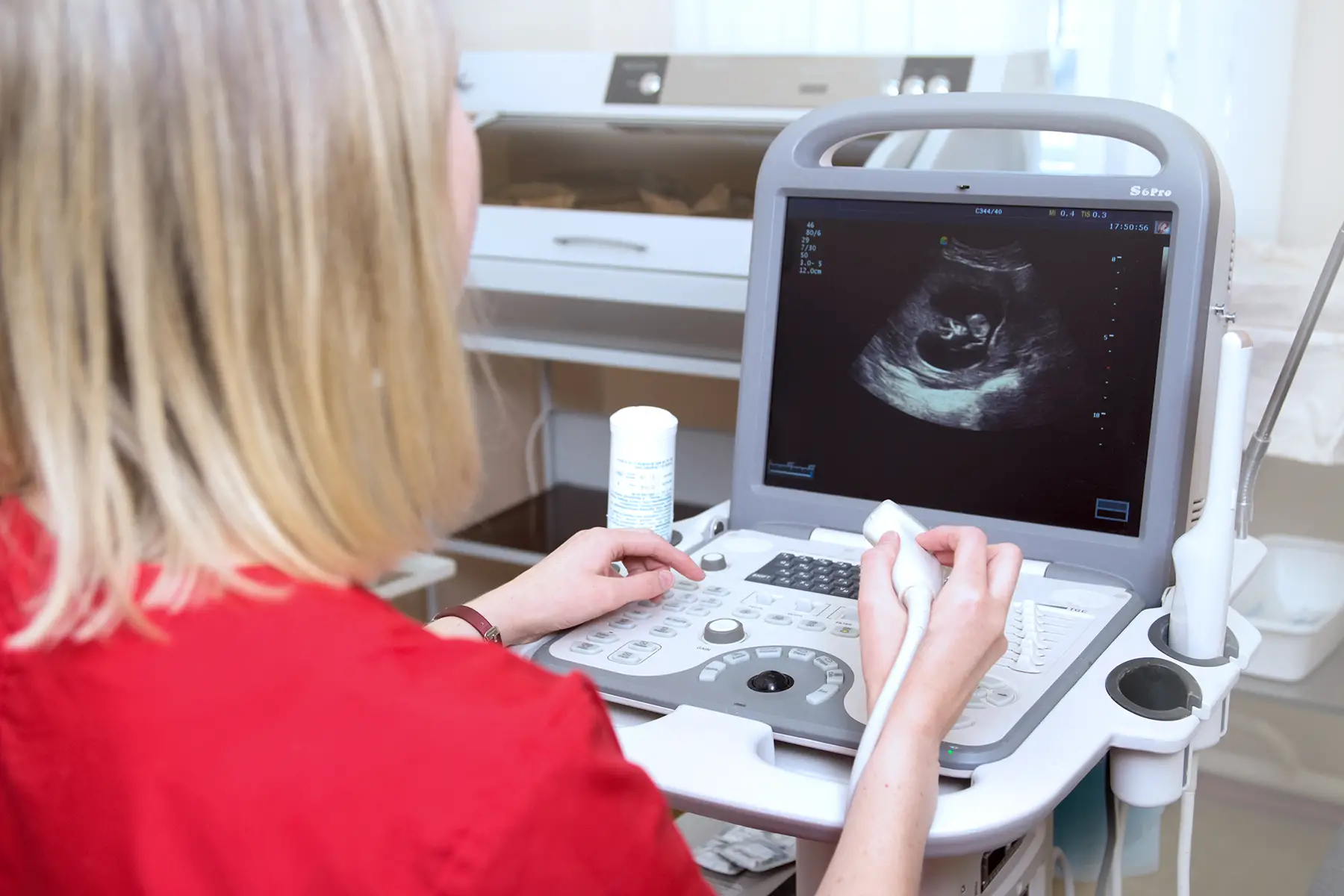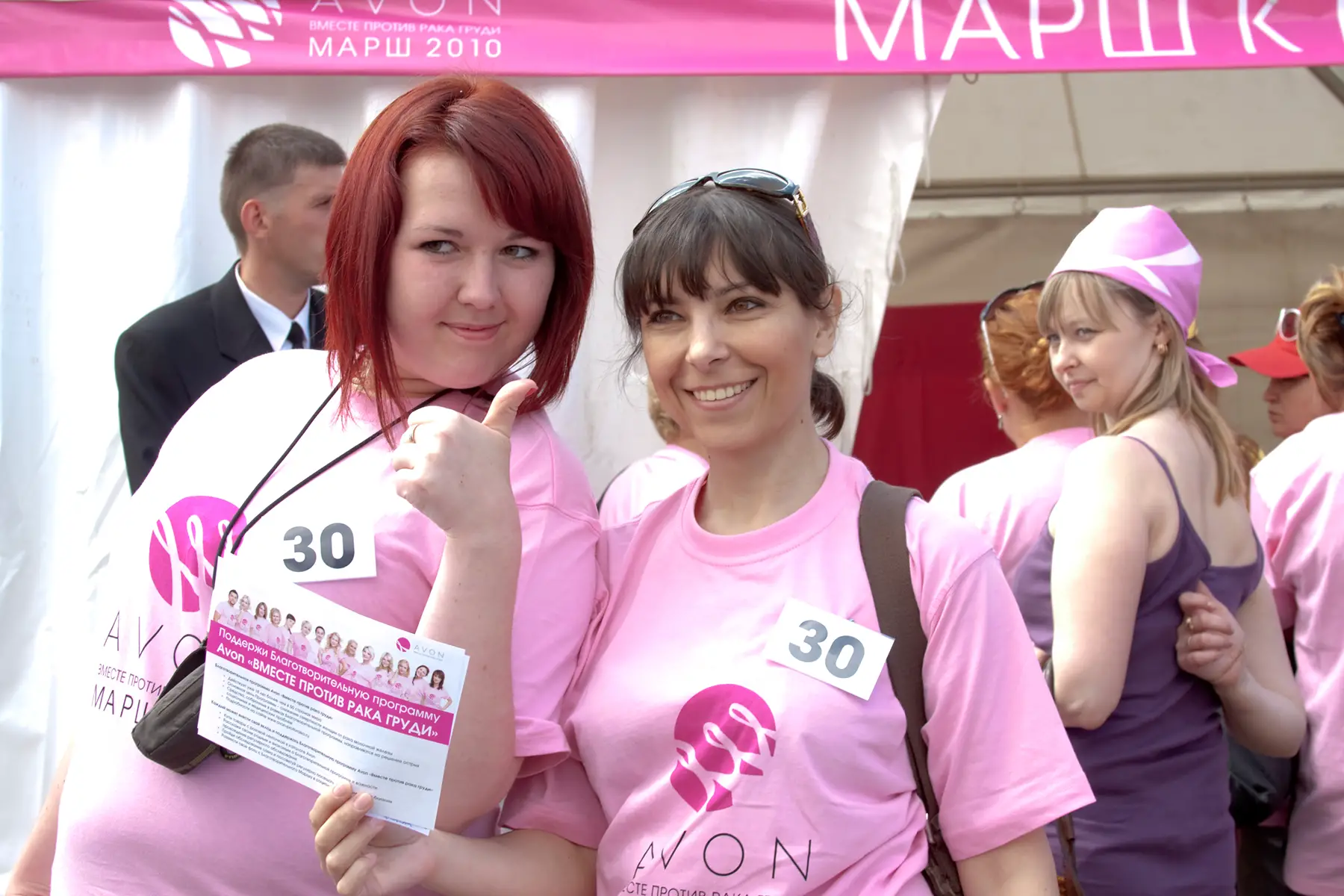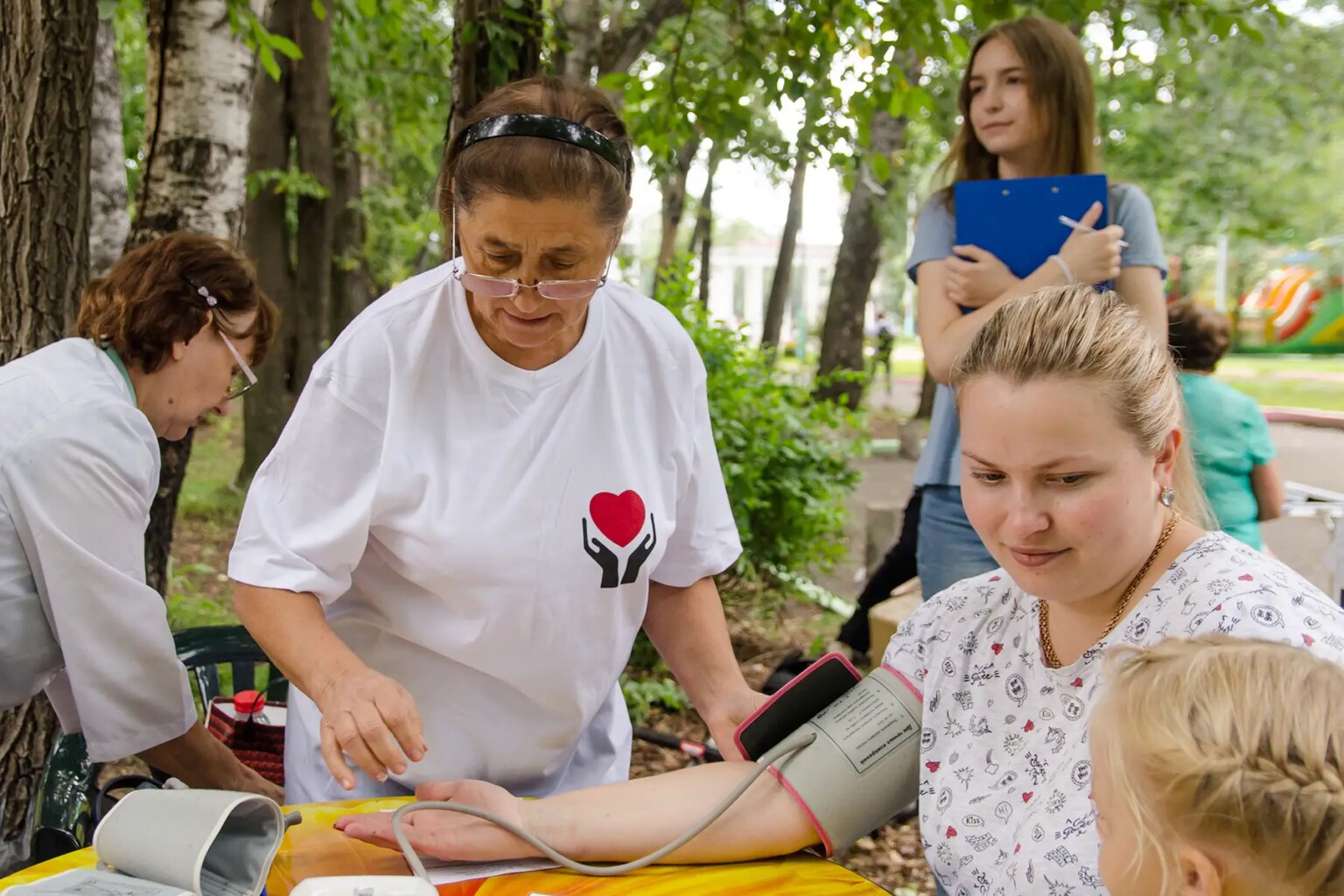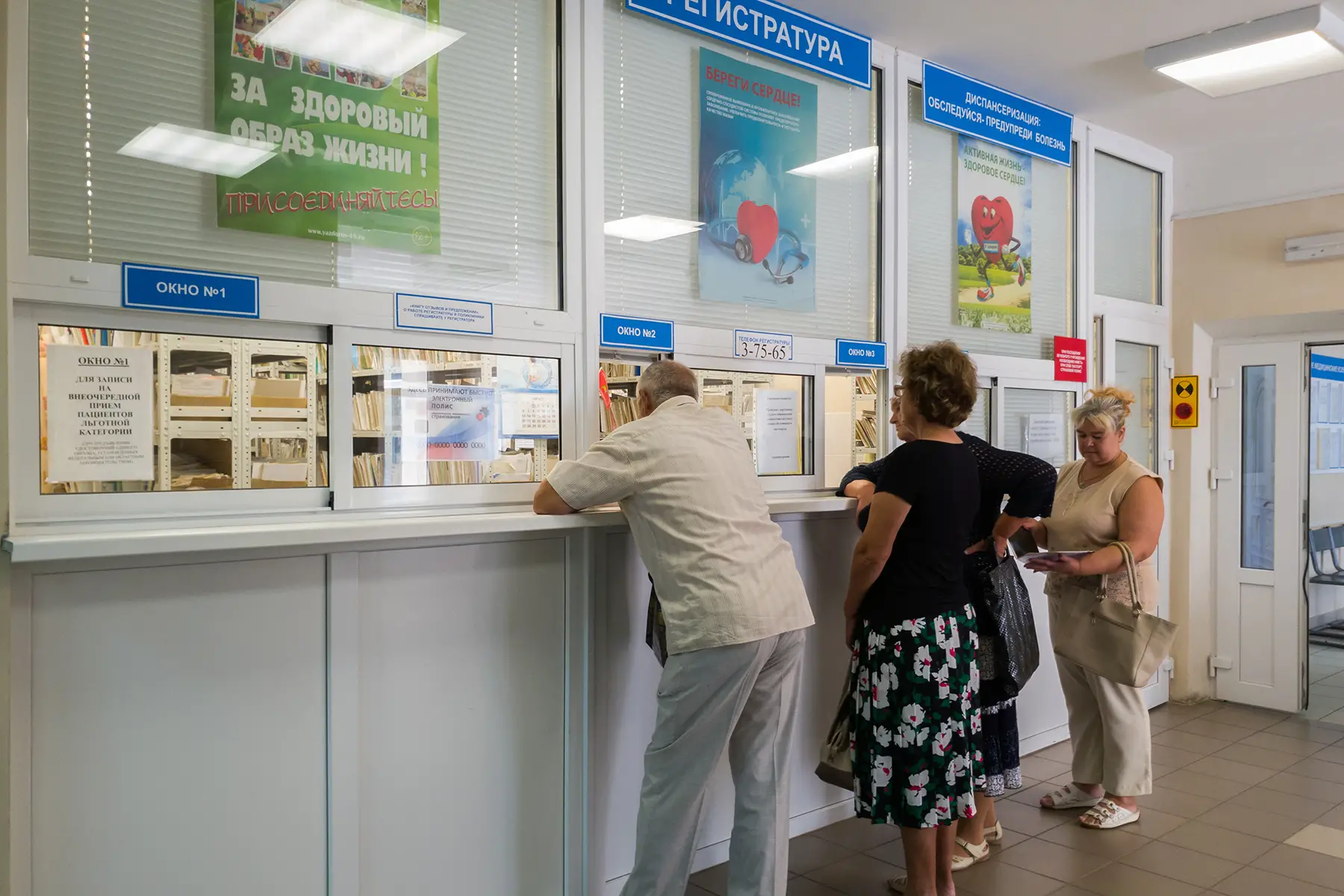Important notice from the Editor in Chief
Maintaining our Russian site is a delicate matter during the war. We have chosen to keep its content online to help our readers, but we cannot ensure that it is accurate and up to date. Our team endeavors to strike the right balance between giving information to those who need it, and respecting the gravity of the situation.
In Russia, women’s healthcare consists of state healthcare covered through health insurance, supplemented by private provision that is primarily aimed at expats and high earners. Services include gynecologists, maternity care, contraception, and more. State medical services are free but patchy in terms of quality and availability.
Read on to find out how to access services and pay for them. Sections include:
- Women’s health in Russia
- Accessing women’s healthcare services in Russia
- Insurance for women’s healthcare in Russia
- Gynecologists in Russia
- Women’s contraception in Russia
- Maternity care services in Russia
- Breastfeeding in Russia
- Fertility treatments in Russia
- Abortion in Russia
- Menopause in Russia
- Cancer screenings in Russia
- Sexual health in Russia
- Availability and cost of feminine hygiene products
- Women’s clinics and health centers in Russia
- Women’s mental health services in Russia
- Services dealing with abuse and violence against women in Russia
- Useful resources
Women’s health in Russia
The state healthcare system in Russia provides access to free women’s health services such as gynecologists, maternity care, and sexual health screenings. All residents can access this through health insurance. However, due to the variable standards, expat women in Russia often take out private insurance to access private sector services. These are generally of a higher quality and cover more treatments.

The general quality of Russian healthcare is below that of countries such as the US, UK, France, and Germany. This is reflected in its position of 89th for healthcare in the 2021 Legatum Prosperity Index. However, health doesn’t feature among the main gender inequalities in Russia. Although it ranks only 81st out of 156 nations on the 2021 Global Gender Gap Index, Russia features in the top group of 29 countries in terms of health outcomes for women.
Accessing women’s healthcare services in Russia
State healthcare services in Russia are available for all residents free of charge. A national health insurance program covers the costs for this. Those unable to contribute to health insurance, for example, elderly, disabled, or unemployed residents, can still access most services. Children also have access to free state healthcare.
All residents in Russia also have access to private medical services. However, you will need to pay upfront or take out private health insurance to cover costs. This means that private services tend to be used by the wealthier sections of the Russian population.
To access women’s healthcare in Russia, you will need to show your state healthcare card (for public services), proof of insurance policy (for private services), or pay fees upfront.
Insurance for women’s healthcare in Russia
There are three types of health insurance in Russia. The first is compulsory health insurance (OMI), which all employees pay towards state-funded services. Many employers also offer voluntary health insurance (VHI), supplementary schemes that cover additional services not available through OMI. Finally, private health insurance allows individuals to access a full range of private healthcare in Russia.
Some women’s healthcare services in Russia are available to all residents, covered through employee OMI payments. These include:
- Access to state-funded gynecologists
- Maternity care
- Some family planning services and sexual healthcare
- Screenings for some cancers and STIs
However, the availability of free public health services can vary considerably across Russia. For example, the level of provision is far greater in Moscow than in smaller towns and rural areas. Because of this, many women in Russia use VHI and private insurance to access a better level of care.
Some foreign nationals in Russia can access healthcare through reciprocal agreements with their home country. However, eligibility may only be for limited periods. Therefore, check the situation with your home country before traveling.
Gynecologists in Russia
Gynecologists and obstetricians provide pregnancy-related services, family planning, sexual health screenings, and advice and support on sexual and reproductive health. You can find these services in health centers, polyclinics, perinatal centers, and maternity hospitals.
According to the latest global statistics, Russia has 25.19 gynecologists per 100,000 people, higher than the European average of 17.82. Figures from 2021 show that 78% of women in Russia aged 18–45 visit a gynecologist at least once a year.
Russian health insurance covers standard gynecological services. However, you can take out private insurance to access private specialists, a more comprehensive range of treatments, and more choice about who you see. Many English-speaking expat medical centers have gynecologists and women’s healthcare specialists.
If you don’t have health insurance coverage, you’ll have to pay for any treatment you receive in Russia. This can range from around 2,000 ₽ for a consultation to 160,000 ₽ for a hysterectomy.
You can find obstetrics and gynecology clinics on WhatClinic, along with reviews and price information. You can also check the Department of Health websites for services in Moscow and Saint Petersburg (links in Russian) or contact the Russian Society of Obstetricians and Gynaecologists for support.
Women’s contraception in Russia
Russia scores just 42.8% on the 2020 European Contraception Policy Atlas, an indicator for government policies on access to contraceptives, family planning, and online information. Only Poland scores lower among European countries. Public health insurance no longer covers this for any groups.

Many couples in Russia rely on birth control. The country also has a high abortion rate with 351 per 1000 live births in 2019. However, condoms and the birth control pill are readily available at pharmacies and family planning clinics. Emergency contraception officially requires a prescription, although it’s possible to obtain it without. The cost is around 465–665 ₽.
The three most common forms of regular contraception in Russia are condoms (used by 27% of couples), IUD (14.2%), and the pill (13.2%).
Maternity care services in Russia
Health insurance covers most costs associated with childbirth in Russia, including checkups, scans, childbirth classes, and maternity care at a state maternity hospital. However, there have been reports of women being denied childbirth rights amid COVID-19 restrictions. Many expats choose private insurance to access private maternity care through a private international medical center.
If you opt for state maternity care, this will be provided by your doctor and a Russian midwife. Gynecologists are sometimes also involved in early checkups. Services are usually in Russian, although some state facilities have English-speaking staff.
Breastfeeding in Russia
Breastfeeding is fairly common in Russia. According to a 2018 UNICEF report, 92% of Russian babies are breastfed, slightly below the global average of 95%.
Mothers of newborns can take breastfeeding breaks or request flexible work hours to fit in with their breastfeeding schedule. There is no big taboo around breastfeeding in public, but you might find that public opinion varies.
You can get breastfeeding support in Russia through organizations such as La Leche League Russia (website in Russian).
Fertility treatments in Russia
Fertility treatments are available in Russia for both residents and non-residents. For residents, In Vitro Fertilization (IVF) is now covered through public health insurance for single women who want to conceive and couples who have been unable to conceive through natural methods for 12 months.
To access treatment through state health insurance, you will need a referral from a Russian doctor or specialist. You can choose a provider, but there may be a waiting list. Insurance covers the costs for two treatments per year. The Moscow Department of Health website has information on accessing IVF through OMI health insurance. The St Petersburg Family Planning website (in Russian) also has information on treatment availability and costs.

Many private clinics offer treatments for both residents and non-residents. You will need to pay or have private health insurance, although not all private insurance companies cover fertility treatments. IVF costs in Russia vary from around 113,000 ₽ to 300,000 ₽.
You can also access other treatments on the private market, such as artificial insemination. This can be sperm from the male partner or a donor aged 20–40. Russia also permits surrogate motherhood. In these cases, the birth mother must be aged 20–35 and have already given birth.
You can find fertility clinics in Russia on WhatClinic.
Abortion in Russia
Abortion laws in Russia
Russia was part of the first country to legalize abortions as the Soviet Union in 1920. Abortion laws have become more restrictive in recent years. You can currently get an abortion up to 12 weeks into pregnancy. However, in cases such as rape, this goes up to 22 weeks. If there is a risk to the mother’s life, the procedure can happen at any time.
Anyone requesting an abortion in Russia needs to undergo a 48–hour consideration period, extended to seven days if the initial 12–week period has passed. In addition, those under the age of 16 need parental consent for abortion in Russia.
Only licensed medical professionals can perform abortions in Russia. If you get an unlicensed abortion or a termination outside the legal time frame, you can receive a fine or even a jail sentence.
Getting an abortion in Russia
Abortion costs in Russia are covered by state health insurance (OMI). However, you will need a referral from a doctor or gynecologist. The abortion will take place in a public hospital or specialist clinic. Procedures at private institutions are generally lower risk, and the patient has more say over treatment.

If you don’t have Russian health insurance to cover abortion, you can still have one, but you need to pay for the procedure. Costs are around 8,000–10,000 ₽ at a state facility and can be as much as 150,000 ₽ at a private clinic. In addition, all women in Russia are entitled to three days’ sick leave following a termination procedure.
There have been reports of women in Russia being denied access to state abortion services during the COVID-19 period when certain public health services were scaled back.
Menopause in Russia
Menopause can affect women aged between 45 and 65. However, according to studies, the most likely age among Russian women is around 50.
Menopausal treatment as part of women’s healthcare is still relatively rare in Russia. Only around 3% of menopausal women in Russia receive hormone replacement therapy (HRT). If you experience menopausal symptoms, you should talk to your GP. They may prescribe you HRT medication or refer you to a specialist such as a urologist or an endocrinologist. They may also discuss lifestyle changes with you.
However, basic state health insurance doesn’t cover HRT costs. You can purchase private insurance to cover expenses associated with menopause in Russia. You can also access specialist treatments at many of the private medical centers in the country.
Cancer screenings in Russia
Russia has relatively high rates of cancer among women. According to the World Cancer Research Fund, it has the equal 13th highest rate of ovarian cancer globally, with 11.1 cases per 100,000. Although the country’s breast cancer rates don’t feature among the world’s highest, it’s still the second most common form of cancer in Russia overall, accounting for 12.7% of new cases in 2020 (24.4% of new cases in women).

However, there are currently no national cancer screening programs for women in Russia. That said, some bigger cities offer screenings, with costs covered by state health insurance. For example, Moscow invites women aged 40–75 for a mammography every two years and women aged 18–64 for a cervical smear every three years.
If you have any cancer concerns in Russia, you should immediately consult your GP or gynecologist. They will assess the situation and will refer you for tests if necessary.
Sexual health in Russia
You can access sexual health services in Russia through doctors, gynecologists, state family planning clinics, and private medical centers. If you are worried about a sexually transmitted infection (STI), consult your GP or visit your local clinic. You can access treatment through private services if you have private insurance.
Russia has experienced an increase in STI cases in recent years. In particular, HIV/AIDS prevalence has skyrocketed: according to 2021 data from the European Center for Disease Control, Russia has the highest new diagnosis rate in Europe at 40.2 per 100,000 residents. This has been put down to factors including poor sexual health education in schools. You can find HIV testing facilities at state health centers and private providers such as the European Medical Center and InVitro. For Moscow, you can find information on HIV prevention and therapy services through the regional Department of Health (in Russian).
Since 2021, foreigners moving to Russia have had to undergo regular health checks for diseases, including HIV/AIDS, as part of a drive to limit the spread of the disease.
Availability and cost of feminine hygiene products
You can buy feminine hygiene products such as sanitary pads and tampons in Russian supermarkets and pharmacies. Some places also sell pantyliners and menstrual cups. Alternatively, you can shop online.
Russia has no reduced VAT rate on feminine hygiene products, applying the standard 20% tax rate. This makes it among the countries with the highest VAT rates on such products.
A recent study of sanitary pads in Russia, both national and imported brands, found that one-third of products didn’t meet the required quality and safety standards.
Women’s clinics and health centers in Russia
You can find state-funded health centers (поликлиники, polikliniki) in every region of Russia. This is where many doctors and gynecologists work. In addition, there are also family planning and reproduction centers that provide a range of services and advice on sexual and reproductive health. Most services are covered by health insurance.
In addition, many private-sector clinics and medical centers offer women’s healthcare services and employ specialists, including gynecologists, urologists, and mammologists.
Women’s mental health services in Russia
State mental health services in Russia include psychological counseling for issues such as postpartum depression, abortion, and domestic abuse. For more critical problems, there exists psychiatric inpatient and outpatient care. However, the availability and quality of state-funded mental health services for both women and men is limited, especially outside Moscow and St Petersburg.

There is also a lack of mental health provision in Russia aimed specifically at women. Many expats pay for private health insurance to access treatments such as psychotherapy at private international clinics. If you feel you need mental health support in Russia, you should first contact your GP, who will be able to tell you what specialist care – both public and private – is available. Alternatively, you can search for private mental health specialists on websites such as the European Medical Center.
You can also find free forms of mental health support in Russia. For example, MIGSOVET provides free online psychological support and advice. In the absence of service provision, many women in Russia have taken to social media platforms such as Instagram to set up accounts dealing with depression, suicide prevention, domestic violence, and dismantling stigma around mental illness.
Services dealing with eating disorders in Russia
The Russian healthcare system doesn’t yet provide specialist services dealing with eating disorders such as anorexia, bulimia, or overeating. Furthermore, there are no official statistics available to assess the true extent of these issues. More support is available in the private sector, but this comes at a cost.
To access support or advice, you can visit your doctor, who may be able to refer you to support from specialists such as nutritionists or psychologists. There are also a handful of support groups you can contact. These are:
- Freedom from food and depression! (in Russian) – online group set up by the Center for the Treatment of Eating Disorders, based in Nizhny Novgorod
- Overeaters Anonymous (in Russian) – runs face-to-face groups across Russia
- Not Skinny Enuf – Instagram platform set up to deal with eating disorders in Russia
Services dealing with abuse and violence against women in Russia
Russia has come under international criticism for its failure to tackle violent crimes against women, with negligence regarding domestic violence singled out in particular. Around 5,000 women were killed in domestic violence attacks in Russia in 2018. According to another study, about 70% of Russian women experienced violence of some sort in the home.
Russia also features among the world’s worst countries for human trafficking, including the sex trafficking of young women.
Despite the Russian government reporting low official rates of sexual violence, researchers estimate that the problem is actually much more severe. Organizations dealing specifically with violence and abuse towards women in Russia include:
- Anna Center – resource center working across Russia with local organizations to support female victims of violence and abuse. Can put you in touch with local and regional support services (website in Russian).
- Willow Branch – provides advice, support, and counseling to victims of violence, including domestic and sexual violence in Russia (in Russian).
- Crisis Center – provides emergency accommodation and other assistance to women and children experiencing violence in Russia.
You can also call these crisis lines. Support offered will likely be in Russian, although there may be staff available that speak other languages:
- Domestic Violence Hotline for Women: 8-800-7000-600 (open Monday to Friday)
- Sexual Assault Hotline: 327-30-00
Check out She Will Survive for a list of services in Russia, both national and local (information in Russian).
Useful resources
- Russian Ministry of Health – government ministry responsible for state healthcare in Russia (in Russian)
- Moscow Department of Health – regional healthcare website for Moscow (in Russian)
- St Petersburg Department of Health – regional healthcare website for St Petersburg (in Russian)
- WhatClinic – search for obstetrics and gynecology clinics in Russia
- Moscow Family Planning and Reproduction Center (in Russian)
- St Petersburg Family Planning and Reproduction Center (in Russian)
- She Will Survive – details of national and local services supporting victims of domestic and sexual violence in Russia
- European Medical Center – private medical provider with English-speaking services and specialists in Russia





